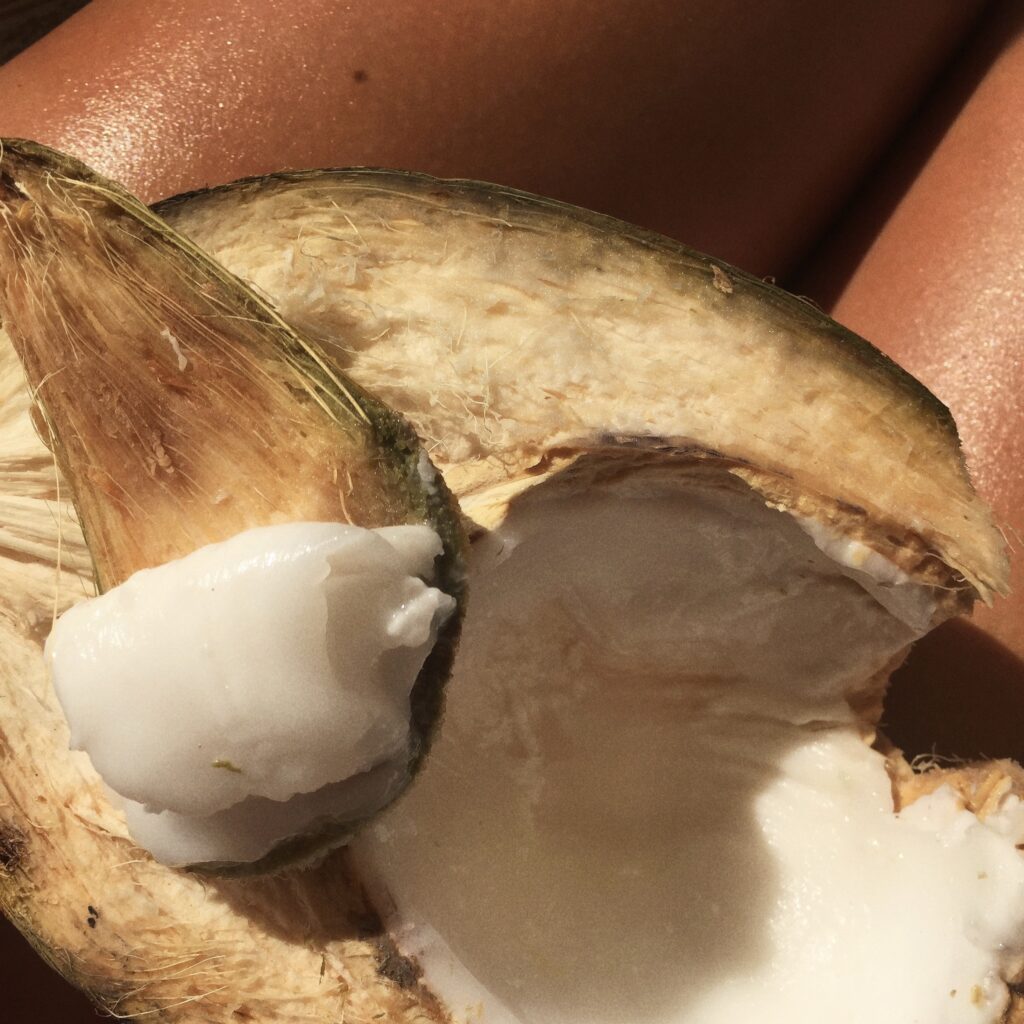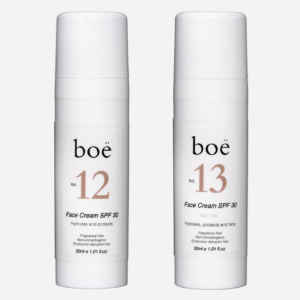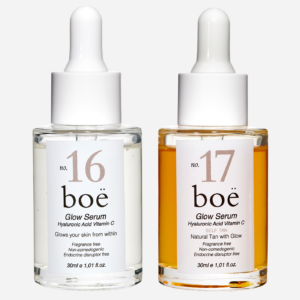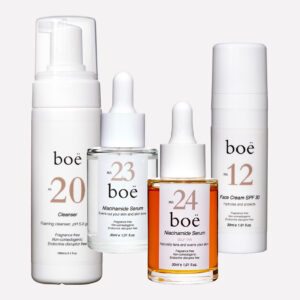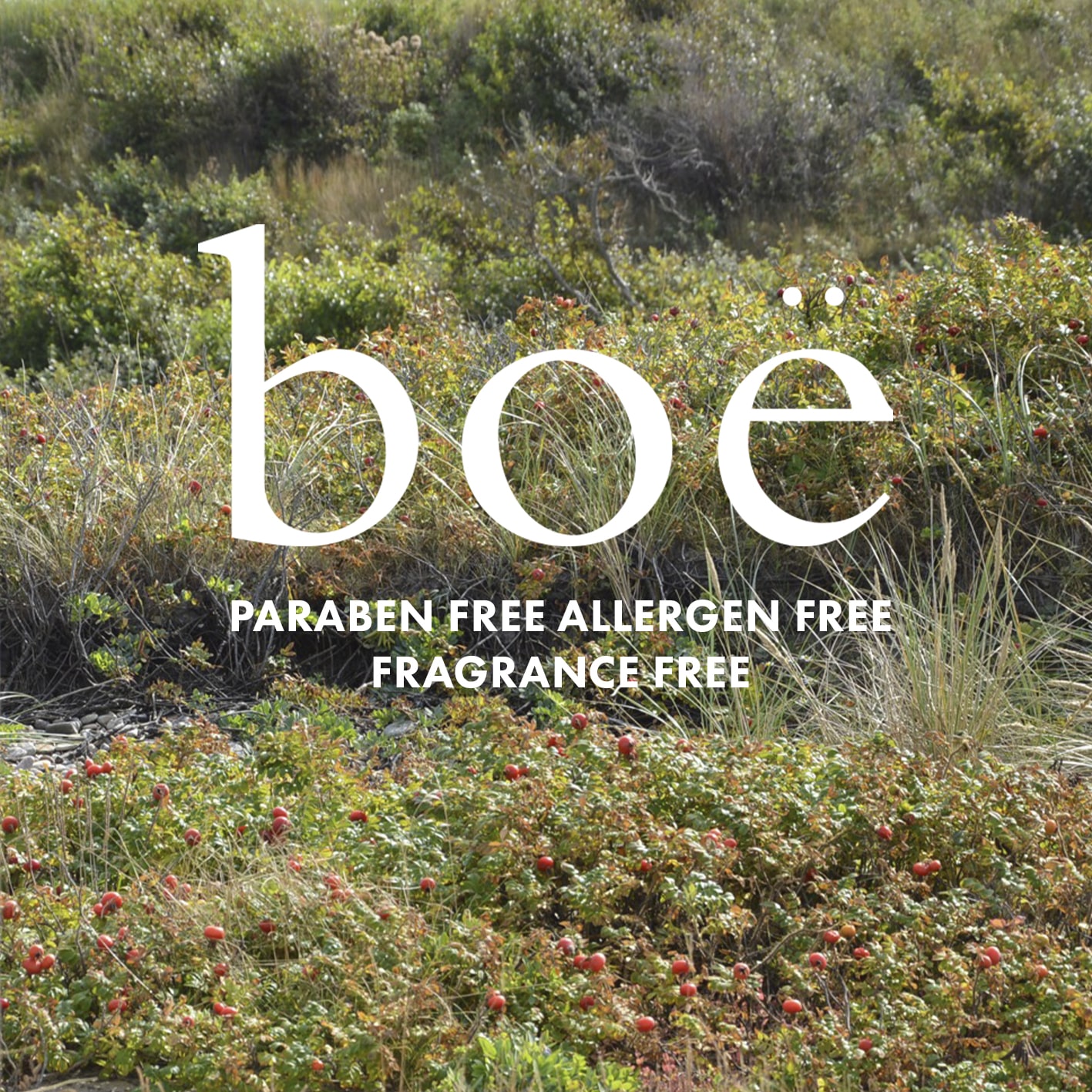As we become more aware of what we consume and apply to our bodies—from what we wear, eat, and read to the skincare products we choose—people are realizing the benefits of non-toxic ingredients. This growing awareness means that we’re questioning what’s in our products and how they impact our health. And it can be overwhelming to navigate all the information out there—from brands and influencers to confusing labels and marketing terms.
When it comes to skincare, many of us feel torn between choosing products that are effective or opting for those with non-toxic ingredients. The good news? You don’t have to compromise. Here’s why non-toxic ingredients are worth considering for healthy, glowing skin.
Understanding Organic vs. Non-Toxic Ingredients
The term “organic” is popular, but it can be confusing. While organic products are typically grown without pesticides or artificial fertilizers, not all organic ingredients are beneficial for your skin. There are many “organic” products that haven’t undergone certification, and in some cases, even certified organic ingredients might not be the best option for sensitive skin.
Non-toxic ingredients, on the other hand, prioritize safety and minimize harmful effects on the skin. Unlike some organic or “natural” labels, non-toxic ingredients aim to avoid irritants and potential allergens that could harm your skin’s health. Opting for non-toxic skincare is a smart, simple choice if you’re looking for gentle, effective products.
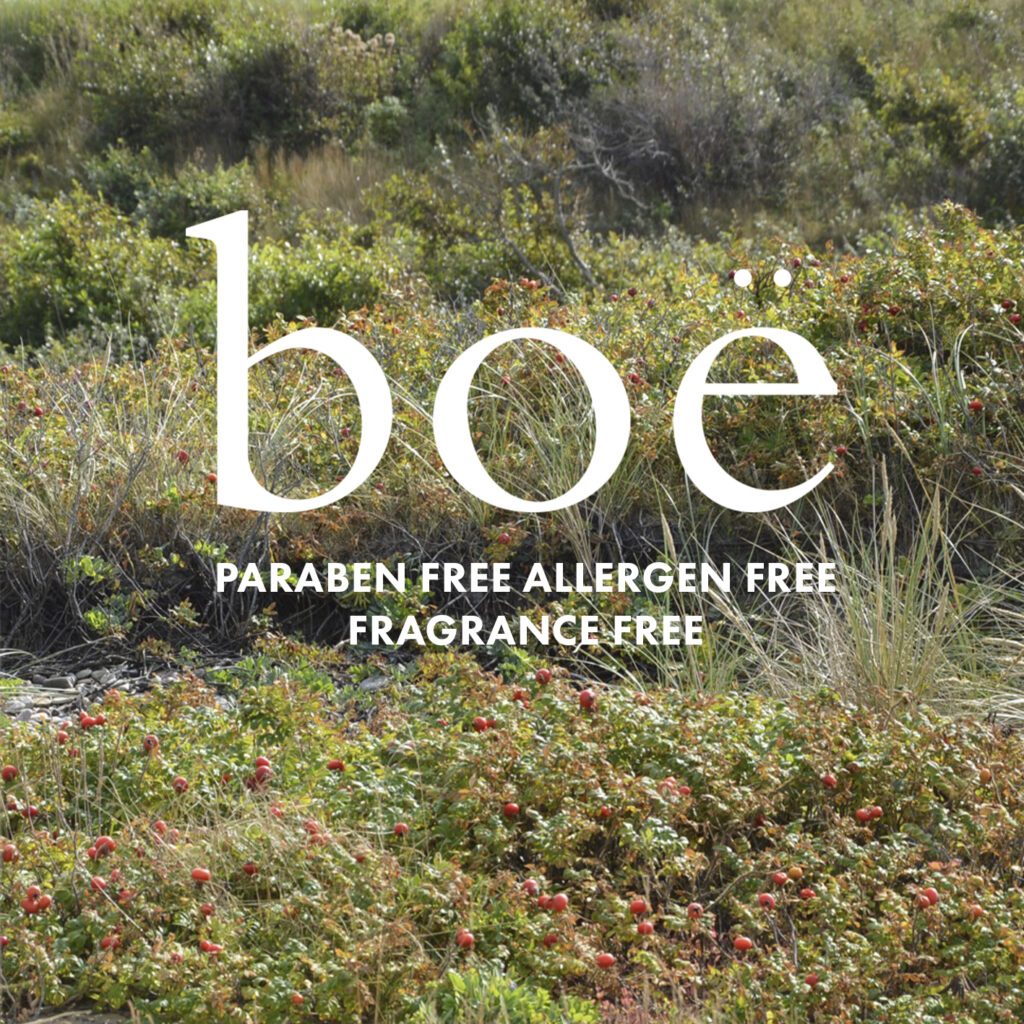
Watch Out for Toxic Ingredients in Skincare
Understanding which ingredients to avoid can help you make more informed choices. Here are some common skincare ingredients to avoid:
- Parabens and Phthalates: Linked to hormone disruption and other health concerns.
- Formaldehyde: Known as a carcinogen and potential allergen.
- Fragrance: Often a hidden source of irritants and allergens.
- Sulfates: Can strip natural oils and cause dryness.
Choosing Non-Toxic Ingredients in Skincare
Brands today are offering safer, non-toxic alternatives that deliver results without compromising your health. For example, instead of using sodium lauryl sulfate, a common but potentially harsh cleanser, brands are turning to alternatives like Cocamidopropyl Betaine (CAPB). Derived from coconuts, CAPB is a gentle surfactant that cleanses the skin effectively without irritation. Similarly, instead of parabens, some brands use natural oils that keep products fresh and stable.
Why Clean Beauty Works: Effective, Science-Backed Ingredients
You don’t need to choose between ineffective “natural” products or ones full of harsh chemicals. Many non-toxic skincare products blend effective, science-backed ingredients with plant-derived compounds, giving you the best of both worlds. Some examples of powerful non-toxic ingredients include:
- Glycoin and Bakuchiol for collagen production and anti-aging benefits
- Glycerin and Hyaluronic Acid for intense hydration
These ingredients help improve your skin’s texture, lock in moisture, and target specific concerns—all while being gentle on your skin.
Essential Oils and Fragrance-Free Products
While essential oils are often marketed as “natural” alternatives, they can actually cause irritation, breakouts, and other allergic reactions in sensitive skin. Like artificial fragrances, essential oils can be too harsh for some people. Opt for fragrance-free products or those with gentle alternatives to avoid potential irritants.
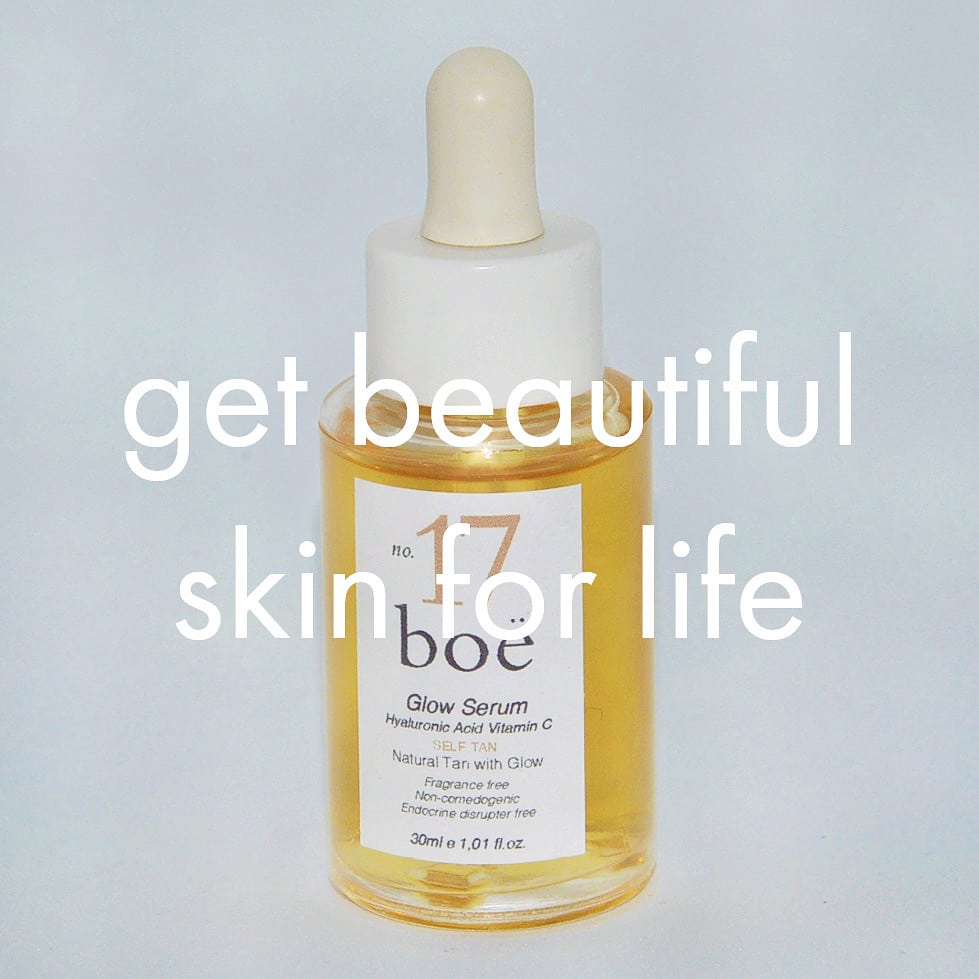
Simplify Your Routine with Non-Toxic Multitaskers
Non-toxic ingredients are often multitasking heroes, providing multiple benefits in a single product. For example, moisturizing oils like Prunus Amygdalus Dulcis (Sweet Almond) Oil and Helianthus Annuus (Sunflower) Seed Oil offer deep hydration, antioxidants, and skin-barrier protection. This means you’ll need fewer products, saving time and money while keeping your skin happy and healthy.
Embrace Non-Toxic Skincare for a Healthier Glow
By choosing non-toxic skincare, you’re investing in your long-term skin health. Non-toxic products are safe, effective, and often gentler on your skin, making it easier to achieve radiant results without compromising your well-being. Whether you’re targeting hydration, anti-aging, or overall skin health, non-toxic skincare gives you everything you need for a beautiful, glowing complexion.
